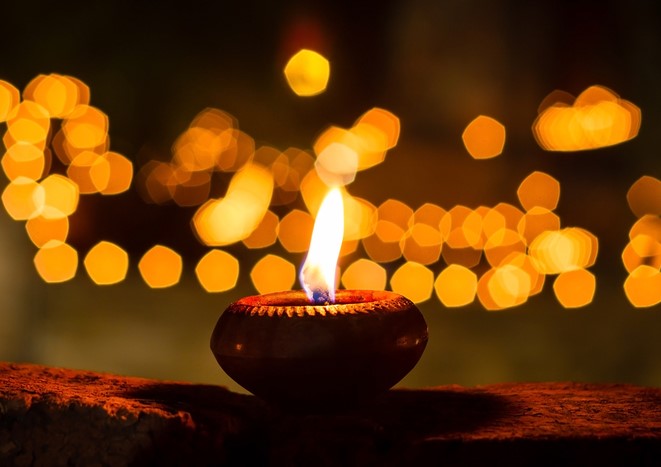After shootings In Atlanta, Georgia and Boulder, Colorado that claimed 18 lives, we offer resources for those coping with violence and trauma.
We’re all eager to get back out in the world and to resume normalcy after the pandemic. But one thing none of us wanted was to face was a resumption of the mass shootings that have unfortunately become all-too normal in our American life. Last week, we had the shocking Atlanta, GA shooting that took a terrible toll on Asian Americans, a community that was already reeling from recent pandemic-related hate attacks. This week, 9 innocent grocery shoppers and a hero cop In Boulder, CO all lost their lives to a gunman.
Human-triggered disasters are particularly difficult to cope with and recover from. Our hearts go out to the people in both communities who suffered grievous losses and who will face a difficult recovery from the violence and trauma they have experienced. To glimpse what this recovery entails, see Seth J. Gillihan’s article 21 Common Reactions to Trauma in Psychology Today.
We are also updating and re-posting response and recovery advice that we’ve posted previously in the wake of terrible shootings.
Coping with violence and trauma
While everyone is disturbed by such a sudden and terrible set of events, some may feel and react to the news more intensely than others. Reactions may be exacerbated as stories emerge and we learn more about the details of the violence and the personal stories of victims and their families. As memorials occur, we are exposed to the grief and raw reactions of survivors and grieving families.
Events become more personal. Some of the people for whom this might trigger a heightened level of grief, stress, or anxiety include:
People who were involved in the event – Survivors, employees, family members and friends of the deceased and survivors. First responders, police, firefighters, EMTs, and health care professionals who had direct relation to the event or to providing care and support for victims and their families.
People with a connection to the events – This would encompass members of the Atlanta and Boulder communities, and would also include Asian Americans in Atlanta and throughout the nation.
People who have been a victim of violence themselves – This might encompass people who were prior victims of shootings, assault or other violence, or people who lost loved ones to targeted or random violence. The events might rekindle memories, grief, loss, fear and heightened anxiety.
People who suffer from Post Traumatic Stress Disorder – This might include survivors of other shootings, veterans, victims of 9/11 and many others who experienced trauma and are not able to get beyond it. The events might trigger heightened memories, fear, anxiety, anger, stress, or disruption of eating or sleeping habits, among other things.
Children and young people. Violent events can be particularly frightening to children. The sudden and random nature of events may be terribly upsetting and threatening to a child’s sense of security. Some children may be intensely fearful of their own safety or the safety of loved ones.
Responding to events
Be sensitive to others and how they experience events. People handle stress and grief differently, and we don’t always know what experiences others have had that might intensify a reaction. While some may hear such news and move on, others need time to process and react. Don’t assume everyone feels things the same way that you do – be sensitive to those around you and let them express their feelings.
Limit exposure to gruesome details in the news. The 24-hour nature of social media and cable news mean that we can be bombarded with nonstop news and disturbing images of a disastrous event. This continual exposure can exacerbate anxiety, fear and grief.
Take positive action. When violent events occur, it can shake our faith and trust in our fellow man. Counter these feeling by spending time with family and friends. It can also help to do something to reduce the feelings of helplessness that many experience in the face of such events: Help others. Give blood. Organize or take part in a memorial activity. Write letters. Make a donation. Volunteer.
Consider counseling. If you or somebody else is having a particularly hard time coping with these events, counseling with a professional may be in order. Signs that you or a loved one may need help getting past this might include sleeplessness, heightened anxiety or phobias, and preoccupation with details of events.

